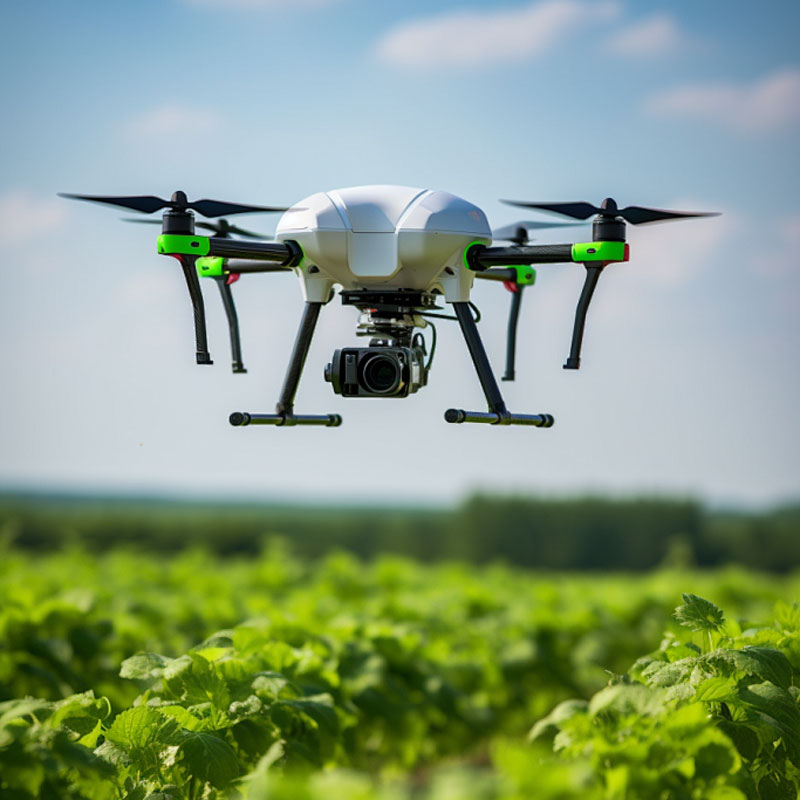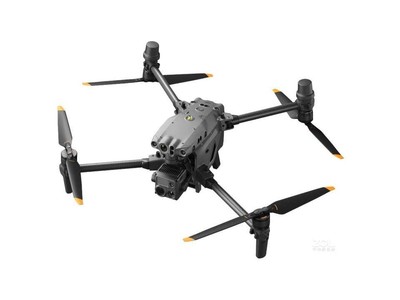In the ever-evolving realm of aviation technology, drones have risen to prominence, becoming a pivotal tool across multiple sectors. Whether you’re a hobbyist or a professional, understanding the intricacies of drone operation is essential. One critical aspect of drone proficiency involves obtaining the Drone Part 107 certification. This comprehensive guide aims to unravel the nuances of the Part 107 certification, highlighting its relevance, the process to acquire it, and the exceptional benefits it offers to drone pilots.
Understanding Drone Part 107 Certification
The Part 107 certification, introduced by the Federal Aviation Administration (FAA), is a licensure that enables you to legally operate drones for commercial purposes in the United States. This certification is a must for anyone wishing to explore the commercial potential of drone technology.
- Eligibility and Requirements: To qualify for the Part 107 certification, you should be at least 16 years old, proficient in English, and pass an aeronautical knowledge test at an approved testing center.
- The Examination: The test covers crucial topics relevant to drone operation such as regulations, airspace classification, weather effects, and emergency procedures. It’s imperative to prepare well for the exam, utilizing study guides, practice tests, and training courses that align with FAA standards.
Why Part 107 Matters for Drone Operators
A Drone Part 107 certification is a gateway to professional opportunities. It legitimizes your operations, expands your business capabilities, and ensures compliance with federal laws. Here are some reasons why aspiring drone operators should prioritize obtaining this certification:
- Legal Compliance: Operating without Part 107 can lead to hefty fines and legal consequences, making this certification indispensable for any serious drone entrepreneur.
- Trust and Credibility: Holding a Part 107 certificate signals professionalism to clients, establishing trust and opening doors to more lucrative endeavors.
- Market Expansion: With the certification, you can access a broader market, offering services such as aerial photography, surveying, and inspection across industries like real estate, agriculture, and construction.
The Application Process
Acquiring the Part 107 certification entails a systematic process:
- Study and Training: Begin with rigorous study, preferably enrolling in courses specifically curated for Part 107 preparation. Several online platforms provide resources tailored to cover the test’s extensive curriculum.
- Scheduling the Test: Upon feeling prepared, schedule your aeronautical knowledge test at an FAA-approved testing center. It’s essential to choose a convenient location and time.
- Passing the Test: The test is comprehensive, requiring solid preparation. Understand the principles of air navigation, safety protocols, and regulatory frameworks governing drone operations.
- Certification:
 Once you pass, submit your application through the IACRA portal and undergo a TSA Security Threat Assessment. Upon clearance, you’ll receive your certificate.
Once you pass, submit your application through the IACRA portal and undergo a TSA Security Threat Assessment. Upon clearance, you’ll receive your certificate.
Potential of Drone Technology
Drone technology transcends conventional boundaries, revolutionizing industries with innovative applications. Here are some potential sectors where drones have made a significant impact:
- Agriculture: Enhancing crop management through precise monitoring and data collection.
- Real Estate: Providing breathtaking aerial views and virtual tours to potential property buyers.
- Emergency Services:
 Facilitating operations in disaster response and search-and-rescue missions.
Facilitating operations in disaster response and search-and-rescue missions.
Conclusion
In conclusion, obtaining a Drone Part 107 certification is a valuable investment for any drone enthusiast aiming to elevate their skills and harness commercial opportunities. By understanding market demands, legal requirements, and technological advancements, you can leverage your drone proficiency to achieve great success.
FAQs
- Is Part 107 certification mandatory for all drone operations?
No, it is only mandatory for commercial drone operations. Recreational pilots do not need this certification but should follow specific guidelines.
- What is the validity period of a Part 107 certificate?
The certification is valid for two years, after which you need to pass a recurrent knowledge test to renew it.
- Can foreigners apply for a Part 107 certificate?
Yes, non-U.S. citizens can apply, but they must meet all eligibility requirements, including TSA approval.
